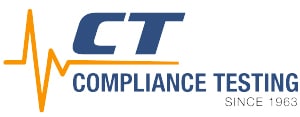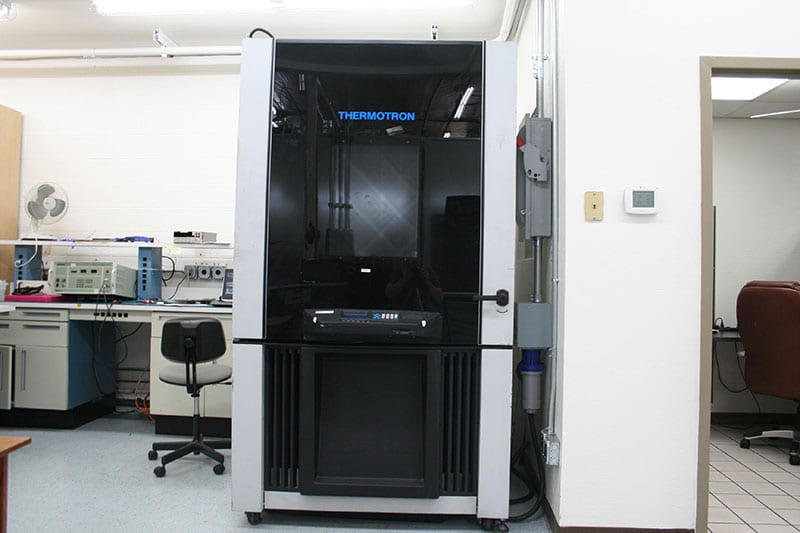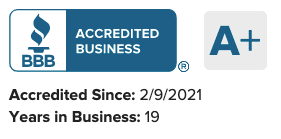Need help complying with FCC regulations? Schedule a free consultation with our team to discuss FCC testing and achieving compliance for your product, or call us on 866-540-5287 to talk to our compliance experts right away.
Get Free Answers to Your FCC Compliance Questions
Need help achieving compliance with FCC Part 15 or other FCC regulations?
Enter your name, email address and question, and our engineering team will contact you with the information you need to solve your FCC testing questions and achieve compliance for your product.
Anyone in manufacturing who creates original emerging tech products needs to be familiar with FCC Part 15, which lays down a series of requirements for electronic devices. It defines intentional, unintentional, and incidental radiators in n 47 CFR § 15.5, and each type of radiator comes with its own requirements. If you operate or attempt to market a device that doesn’t comply with the FCC regulations, then you could find yourself and your business liable for production delays, design changes, fines and regulatory penalties. That’s why it is always so important to make sure that you get FCC certified before you go to market.
How Do I Get FCC Certified?
You can get FCC certified by pursuing the certification process via an accredited laboratory that the FCC recognizes. Such certified agent laboratories exist all over the world, and choosing the most suitable one will allow you to complete the FCC certification process. While the laboratory will handle many of the details, though, you also have your own share of responsibilities.
The FCC Certification Process
After choosing a regulatory test laboratory to work with, you’ll start the certification process upon authorizing them to apply for an FCC FRN number. This number works as a point of registry for your company and your device and sets up the process for submitting your device later. There are other steps that come into play, such as the collection of your FCC Grantee code. However, the laboratory will handle such details. Your next step is to provide an example of your device to the experts you chose to work with.
Once a compliance testing laboratory has your device, they’ll be able to begin testing. By using specialized equipment and FCC-proscribed processes, the lab will evaluate how your device complies with FCC standards to generate in depth reports & technical analysis. You resume your role in this process by providing the laboratory the necessary documentation and information necessary to complete the application, presuming your device passed the tests.
If you failed to pass the test (and don’t worry, it happens), there are no penalties to speak of. However, you will not be able to move to market with your device yet until your company rectifies this situation. Nonetheless, even a failed compliance test offers incredibly valuable insight by pointing out the precise areas in which your device fails to comply. Armed with this information, you or your product design engineering teams will be able to proceed with making the necessary modifications. Once you’re satisfied that you’ve fixed the core problems, you’ll be able to apply for the second round of compliance testing.
On that note, it’s worth choosing an experienced, professional FCC compliance testing laboratory that will be able to help you correct any such errors. Look no further than Compliance Testing, one of the foremost world renown laboratories that’s helping electronic & wireless manufacturers like you deliver their products to consumers around the world fast, safe & with impeccable quality.
Expert Compliance Testing
At Compliance Testing, our name is what we do since 1963. We provide enterprise, mid-market & startup customers with the testing they need to ensure that their products meet regulatory requirements and give them the green light to take their creation to market. With our help, you can identify and resolve obstacles preventing you from gaining FCC certification and move forward with peace of mind. Get in touch to learn more about how our team of experts can help yours succeed.




